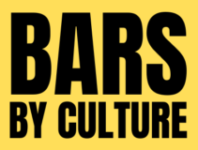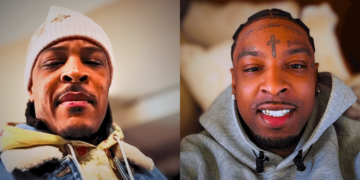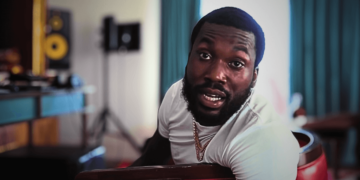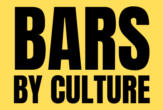DaBaby, who was a guest on the Million Dollaz Worth of Game podcast hosted by Gillie Da King and Wallo, centered the conversation around his challenges so far in his career and how he managed to pull himself out of it after almost getting canceled.
Gillie Da King started off by stating that the delusion the media has, thinking they can cancel anyone at any time or close doors on people when they barely have doors, is simply an illusion:
“Let me tell you something, man, we live in a world where it’s thought anytime people get on the internet, they think they can count people out. That’s a lie. That’s bulls**t. That ain’t real, it ain’t happening. It’s a different time, you know what I mean? Everything is about what you believe in yourself or how you want to keep carrying on because you know they gonna say this—you can’t do this, we’re going to say a lot of times, people that be saying they gonna close the door, you don’t even have no door they own. How the f**k you wanna dictate my house door when you ain’t got your own door? So, you know, you gotta just keep going, stay focused, and let things happen.”
“Though, you know, everybody got their opinion on everything, everybody got something to say, yeah, but even when they was acting like they ain’t f***ing with you, you kept going. What motivated you?”
Gillie Da King asked DaBaby.
“All that. I’ve been there. I’ve really been it, you know what I’m saying? Like really, since birth, been slept on. I’m already the baby boy, I’m already, you know, the whole house full of boys. I’ve been the youngest one, smallest one, so I’ve been against all odds. Like, man, it’s been since birth. And on top of that, I came from Charlotte, North Carolina, that’s how I go anyway, so it was really the bullsh*t that comes with, you know, being successful in the industry. You gotta jump against all obstacles and hurdles. I already did that a thousand times, you know what I mean?”
Said DaBaby
The song “Suge” is one of the rapper’s greatest hits that solidified his position on the global stage from being a regional sensation, which he made after signing his $200,000 deal. This deal impacted his career in many ways. When he produced “Suge,” he gained increased visibility, which impacted his brand and marketability, enabling him to charge $200,000 for club appearances.
“I was already on the way to the studio. I was in LA, and I told him I saw, like, a Bank of America ATM, and I told the driver to stop there. He pulled up, he stopped, jumped out. Tell anybody I wanna—I’m like, just snatch some money out of the ATM, which don’t snatch no money from no ATM. But I go over, put my card, do the check balance, right, but ain’t do view balance. I put print. You know, sometimes they let you print.
I want to see it on my own, got printed. Jumped in the car, I come on, we on the way to the studio now, right? We got that look, like, let’s drive a little bit fast. Got that look, it was $200,000. By the time I just signed the deal. So, you see what I’m saying? That day, I went immediately, like probably got there in like 7 minutes, and I did the song, and Jackson was there, played the beat.”
Despite having attained that level of progress with his hit song “Suge,” DaBaby faced significant challenges throughout his career.
The most damaging one stemmed from the controversial remarks he made about HIV/AIDS and the LGBTQ community at the 2021 Rolling Loud Miami festival, which led to an uproar from fans and the LGBTQ community. It greatly affected his shows, and several festivals like Lollapalooza, Governor’s Ball, and Day N Vegas dropped him from their lineups. Potential brands distanced themselves from him, resulting in financial losses.
He’s equally faced several lawsuits for alleged assault, which tarnished his public reputation. He was also involved in a fatal sh**ting incident at Walmart, which he later claimed was in self-defense, escalating the hate fans had for him.
Some critics criticized his music videos, claiming the themes in his music videos promote stereotypes and are problematic.
Despite all this, he’s maintained a dismissive personality, caring less about what people think, suggesting he’s doubling down on public opinions, making it more difficult for him to fix his public image or reputation.
LGBTQ community members, social media users and influencers, music festivals, industry partners, his fellow artists, and mainstream media tried to cancel him by intensifying the scrutiny around his behavior.















